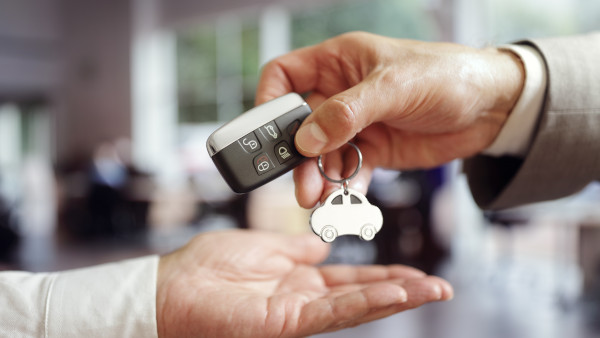You’ll need to do your research and have a clear idea of what you need from your first car. But don’t worry; you’re not alone. We’ve compiled some essential tips to help you navigate the process and make buying your first car a breeze.
New vs. used: Weighing up your options
If you prioritise the latest technology, reliability, and have a healthy budget, a new car is probably the best option. But if you’re budget-conscious and willing to carry out thorough research, choosing a used car can offer excellent value. To make an informed decision, consider your finances, driving needs, and long-term car ownership goals.
If you decide to go for a used car, remember to run a hire purchase inspection (HPI check). This allows you to see whether a car has ever been recorded as stolen, been badly damaged or written off, or has any outstanding finance.
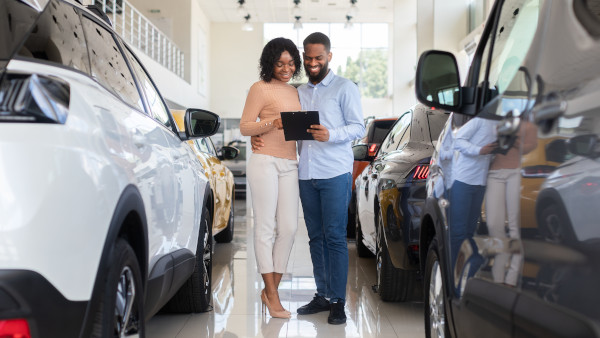
Understand insurance costs
Insurance can be a significant expense for new drivers. Factors such as the car's make, model, and engine size can influence premiums. We recommend obtaining insurance quotes for the specific models of vehicle you’re considering before making a purchase. Direct Line provides a detailed guide on factors affecting insurance costs, which could include:
- Your age (younger drivers typically pay more)
- Your occupation
- Where you live
- Your credit score
- Where the car will be parked (street, garage, car park)
- How much driving experience you have
- Your driving history (accidents, claims, penalties)
- No-claims bonus
- Vehicle value
- Insurance group rating
- Engine size
- Security features
- Expected annual mileage
- Whether the vehicle has been modified
Inspect the vehicle thoroughly
If you're considering buying a used car, these are some things to look out for:
Mileage: Ensure it aligns with the car's age; unusually low or high mileage can be a red flag
Service History: A complete service record indicates proper maintenance
MOT Certificates: Verify the car has a valid MOT and review past certificates for recurring issues
Vehicle Identification Number (VIN): Confirm it matches across all documents and the car itself
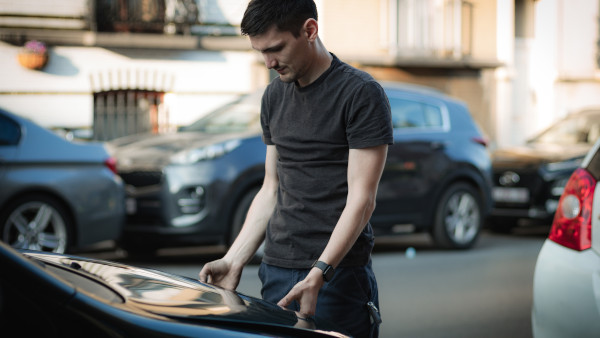
Consider leasing as an alternative
Leasing is becoming an increasingly popular option with first-time drivers, offering lower monthly payments and the opportunity to drive a new car without the commitment of ownership or a large upfront payment. Take a look at our blog post to find out why leasing is a good choice for first-time and young drivers.
Take a test drive
Cars can look and feel so different once you get behind the wheel. You want to find a car that’s a good fit and you’re comfortable driving. Always test drive the car to assess its comfort, handling, and performance. Pay attention to any unusual noises or vibrations, and ensure all features function correctly.
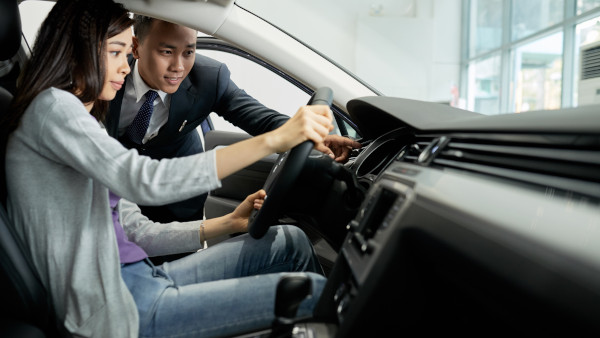
Servicing
We’ve mentioned that you must check the vehicle's servicing history before you make a purchase. This is a clear indicator of whether a car has been checked and looked after. And remember, it’s a good idea to get your car serviced every year and keep an eye on its condition generally. At Rivervale, we offer a free vehicle health check which can help you get on top of any issues and help improve your car’s performance and safety.
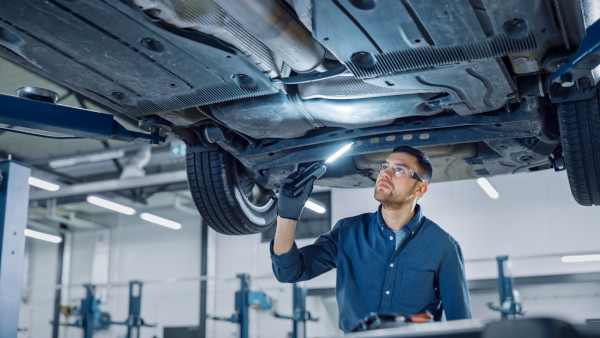
Final Thoughts
Purchasing your first car is a big decision that requires careful consideration. By following these tips and conducting thorough research, you'll be well-equipped to make an informed choice that suits your needs and budget.

